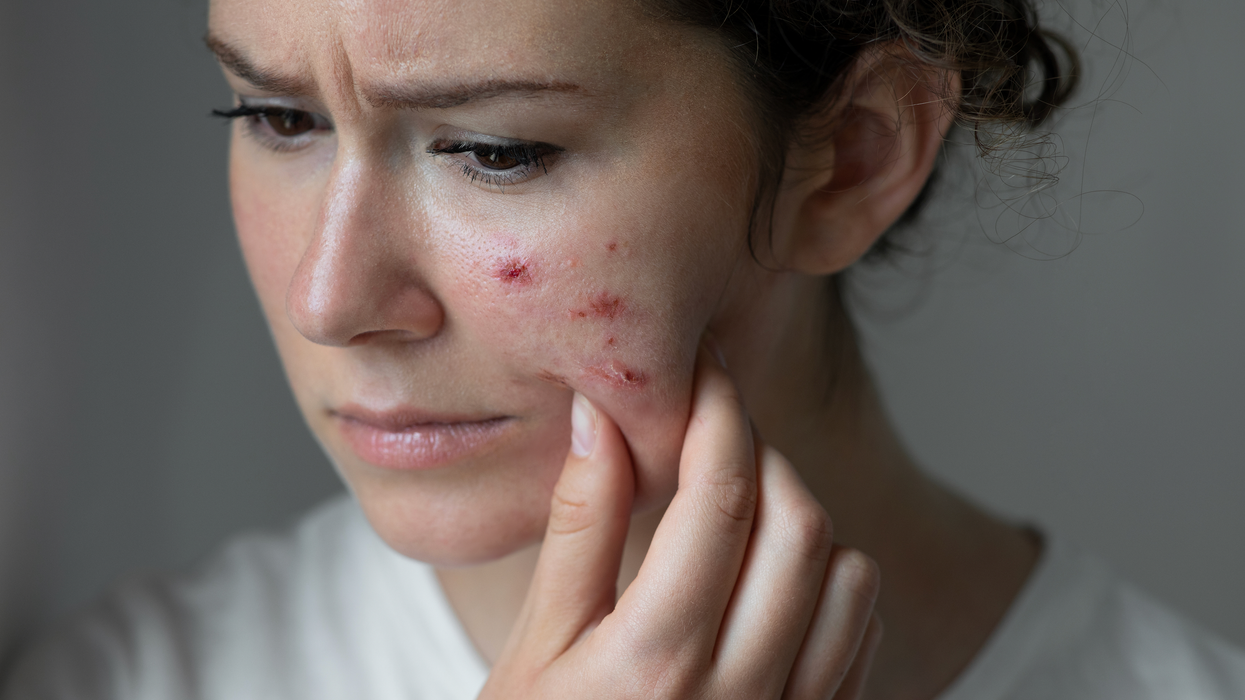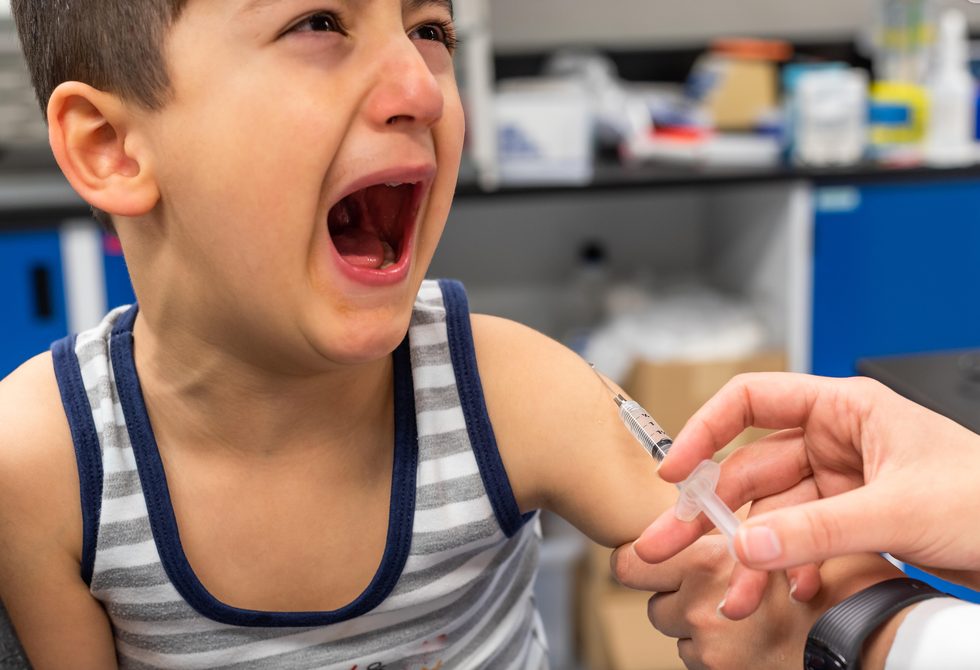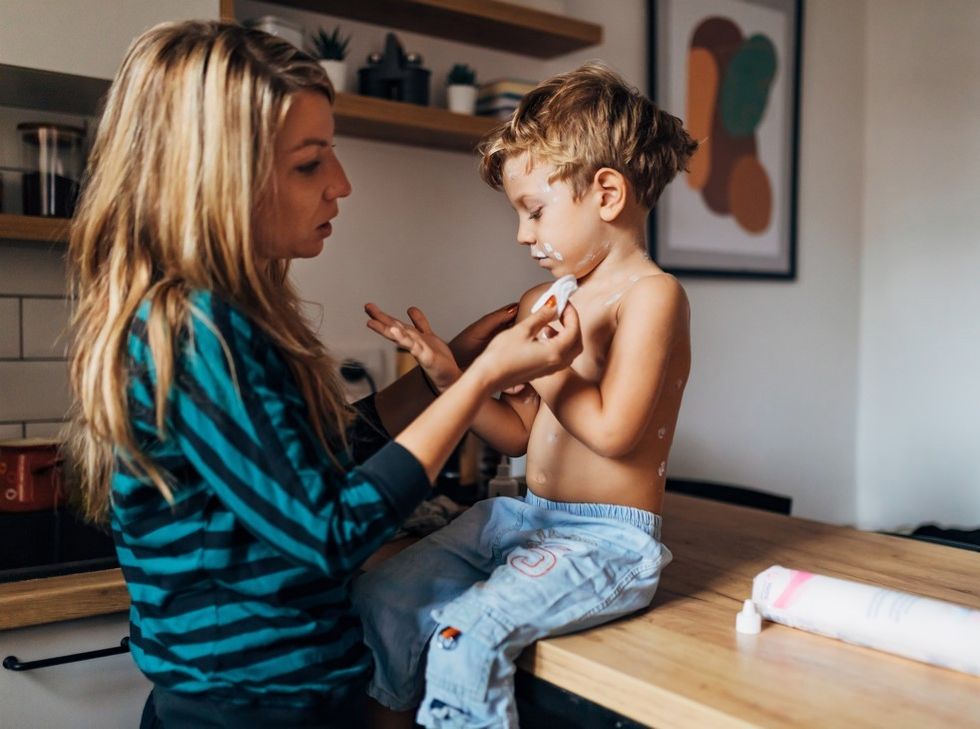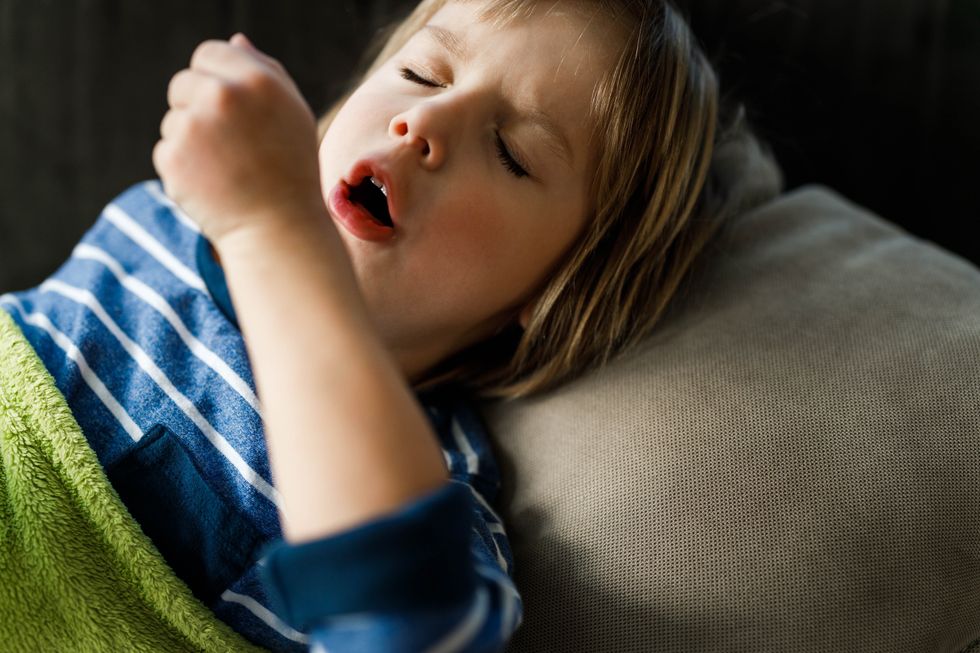Health warning as killer Victorian disease surges in England: Worst-hit regions and symptoms to spot

More than 1,000 cases of measles have been confirmed in England since the end of last year
|Getty Images

- Over 1,000 cases of measles have been confirmed since last year
- Children aged 10 and under make up two-thirds of the cases
- London and the West Midlands are the worst-hit regions
- Health officials sounding alarm over low vaccination rates
Don't Miss
Most Read
Health officials are urging people to get vaccinated after newly released figures show a Victorian-era disease is soaring in England.
More than 1,000 cases of measles - a potentially deadly airborne infection that causes rashes all over the body - have been confirmed in England since the end of last year, figures show.
The last major measles outbreak in the UK was just over 10 years ago and saw 1,920 confirmed cases in England in 2012 with a further 1,414 in 2013.
Children aged 10 and under make up two-thirds of the current cases, which health officials attribute to low vaccination rates.

Children aged 10 and under make up two-thirds of the current cases
|Getty Images
A total of 1,023 laboratory confirmed cases of measles in England have been reported since October 1 2023, according to the UK Health Security Agency (UKHSA).
Of these, 811 have been reported so far this year, well above the number for the whole of 2023 (368).
Nearly two-thirds of the 1,023 cases since the start of October 2023 (652, or 64 percent) have been in children aged 10 and under.
What are the worst-hit regions?
The rapid increase in cases that began towards the end of last year was initially driven by a large outbreak in Birmingham, but activity there “has now stabilised” and more recently there has been a rise in cases in London with “smaller clusters ongoing in other regions”, the UKHSA said.
Doctor Rob Verrecchia, UKHSA health protection consultant, said: “We are continuing to see measles cases right across the country, with cases particularly high in London and the West Midlands."
He is pushing for greater vaccine uptake to stem the current tide of cases: “Measles is an extremely infectious disease, and it only takes one case to get into a community with low vaccination rates for measles to spread rapidly, especially in schools and nurseries, so it is vital that people are fully protected by two doses of the MMR vaccine.
“Measles is completely preventable with vaccination, but many thousands of children around the country are still not fully vaccinated and are at risk of serious illness or life-long complications.
“That is why our campaign is reminding parents of the importance of ensuring their children are vaccinated.
LATEST DEVELOPMENTS

Measles is completely preventable with vaccination, but thousands of children are still not fully vaccinated
| GETTY“Parents should check their child’s red book now to ensure that children are up to date with their MMR and other routine vaccines.
“If you’re unsure, contact your GP practice – they will bring your child up to date if necessary.
“If the NHS is in touch about catching up on missed vaccines, please respond as soon as possible.”
What are the symptoms of measles?
While often associated with a rash, there’s more to it than this and the virus can spread around the body, potentially leading to severe complications and in some cases death.
It usually takes around seven to 14 days for the first symptoms to appear. You will typically suffer from a high temperature, as well as a cough, runny or blocked nose, and red, watery eyes.
The measles rash usually appears a few days after these symptoms. There may be small white spots inside the cheeks and lips, as well as a raised red rash that can start on the face and spread throughout the body.

The virus is spread via small droplets from the nose and mouth when an infected person coughs or sneezes
| GETTYHow do you catch measles?
Measles is highly contagious, meaning it can spread easily. According to the NHS, the virus is spread via small droplets from the nose and mouth when an infected person coughs or sneezes, which are then breathed in by someone else.
However, you can also contract measles if you touch a surface that these droplets have settled on, and then put your hands near your mouth or nose.
How do you prevent measles?
The MMR vaccine, usually given in two doses during early and later childhood, is key for preventing measles. Between 2000 and 2021, measles vaccinations stopped 56 million deaths worldwide, according to the WHO.
Those who did not receive the vaccine in childhood may still be able to get it as an adults – check with your GP if unsure.
In addition, avoiding close contact with somebody who is infected, regular hand-washing and covering your mouth and nose when coughing and sneezing all helps.










